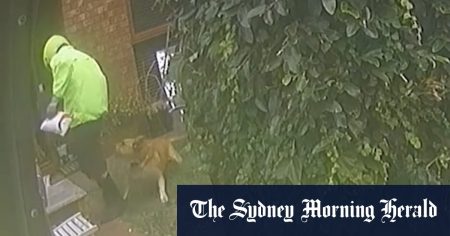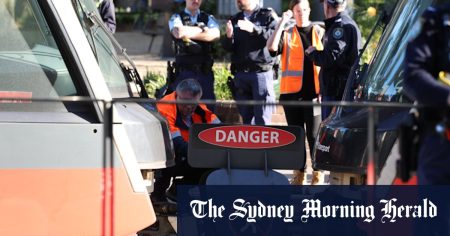The saga of the Bali Nine, an Australian drug smuggling ring arrested in Indonesia in 2005, continues to unfold, particularly for the five members still residing in Howard Springs, Northern Territory. Initially sentenced to lengthy prison terms, including life and the death penalty, these individuals have experienced a rollercoaster of judicial decisions, commutations, and eventual release. However, their freedom remains restricted, confined to the Howard Springs facility, leaving them in a state of limbo as they await clarity on their future. This lingering uncertainty has fueled growing frustration among the five, their families, and the Australian public, who question the rationale and duration of their continued confinement. The situation highlights the complex interplay of international law, diplomatic relations, and domestic legal processes, leaving the freed Bali Nine members suspended between past transgressions and the promise of a fully realized freedom.
The history of the Bali Nine case is fraught with controversy and legal complexities. The group’s attempt to smuggle 8.3 kilograms of heroin from Indonesia to Australia was met with swift and severe repercussions from Indonesian authorities. The initial sentences handed down, including several death penalties, sparked international debate about the proportionality of the punishment, particularly given the young age of some of the convicted individuals. Over the years, appeals, legal challenges, and diplomatic efforts resulted in sentence reductions and commutations. The eventual release of the five remaining members from Indonesian prisons was met with both relief and renewed questions about the ongoing restrictions placed upon them. Their confinement in Howard Springs has become a focal point of this ongoing debate, raising concerns about their human rights and the protracted nature of their legal ordeal.
The confinement at Howard Springs has taken on a symbolic significance, representing the unresolved tension between the Bali Nine members’ past actions and their future prospects. While physically free from Indonesian prisons, their restricted movement and uncertain status create a sense of psychological confinement. The facility, initially established as a quarantine center during the COVID-19 pandemic, has become a place of prolonged waiting and uncertainty for these individuals. The lack of a clear timeline for their full release exacerbates their frustration and fuels speculation about the factors influencing their continued detention. This ambiguous situation raises important questions about the nature of rehabilitation, reintegration into society, and the balance between punishment and the opportunity for a fresh start.
The Australian government’s role in the Bali Nine saga has been multifaceted and subject to public scrutiny. While providing consular assistance to the arrested individuals and engaging in diplomatic efforts to mitigate their sentences, the government has also maintained a firm stance against drug trafficking and upheld the principle of respecting Indonesian legal processes. This delicate balancing act has been challenging, navigating the complexities of international relations while addressing domestic concerns about the welfare of Australian citizens abroad. The current situation at Howard Springs presents a new set of challenges for the government, as it grapples with the legal and ethical considerations surrounding the continued confinement of the freed Bali Nine members. Finding a resolution that respects both Indonesian sovereignty and the human rights of these individuals remains a priority.
The families of the Bali Nine members have endured a parallel ordeal, marked by anxiety, uncertainty, and the emotional toll of witnessing their loved ones navigate a complex legal system in a foreign country. They have been vocal advocates for their family members, highlighting the human cost of the drug trafficking operation and the need for compassion and understanding. Their unwavering support has been instrumental in providing emotional and practical assistance to the Bali Nine members throughout their incarceration and subsequent release. The families now face a new set of challenges, supporting their loved ones through the uncertainty of their current situation at Howard Springs and advocating for their full reintegration into society. Their resilience and determination underscore the enduring power of familial bonds in the face of adversity.
The future for the five freed Bali Nine members remains uncertain, shrouded in legal and logistical complexities. While their release from Indonesian prisons marked a significant milestone, their confinement at Howard Springs presents a new set of challenges. The lack of a clear timeline for their full release, the ongoing legal processes, and the need for reintegration support create a complex landscape for these individuals to navigate. Their experience serves as a cautionary tale about the devastating consequences of drug trafficking, the complexities of international law, and the human cost of criminal activity. As they await their fate, the Bali Nine case continues to raise important questions about justice, rehabilitation, and the possibility of redemption. Their story underscores the need for comprehensive approaches to drug prevention and rehabilitation, as well as the importance of supporting individuals reintegrating into society after serving their time. The ongoing saga of the Bali Nine serves as a reminder of the lasting impact of criminal activity, the complexities of international law, and the challenges of reintegrating into society after serving time abroad.










